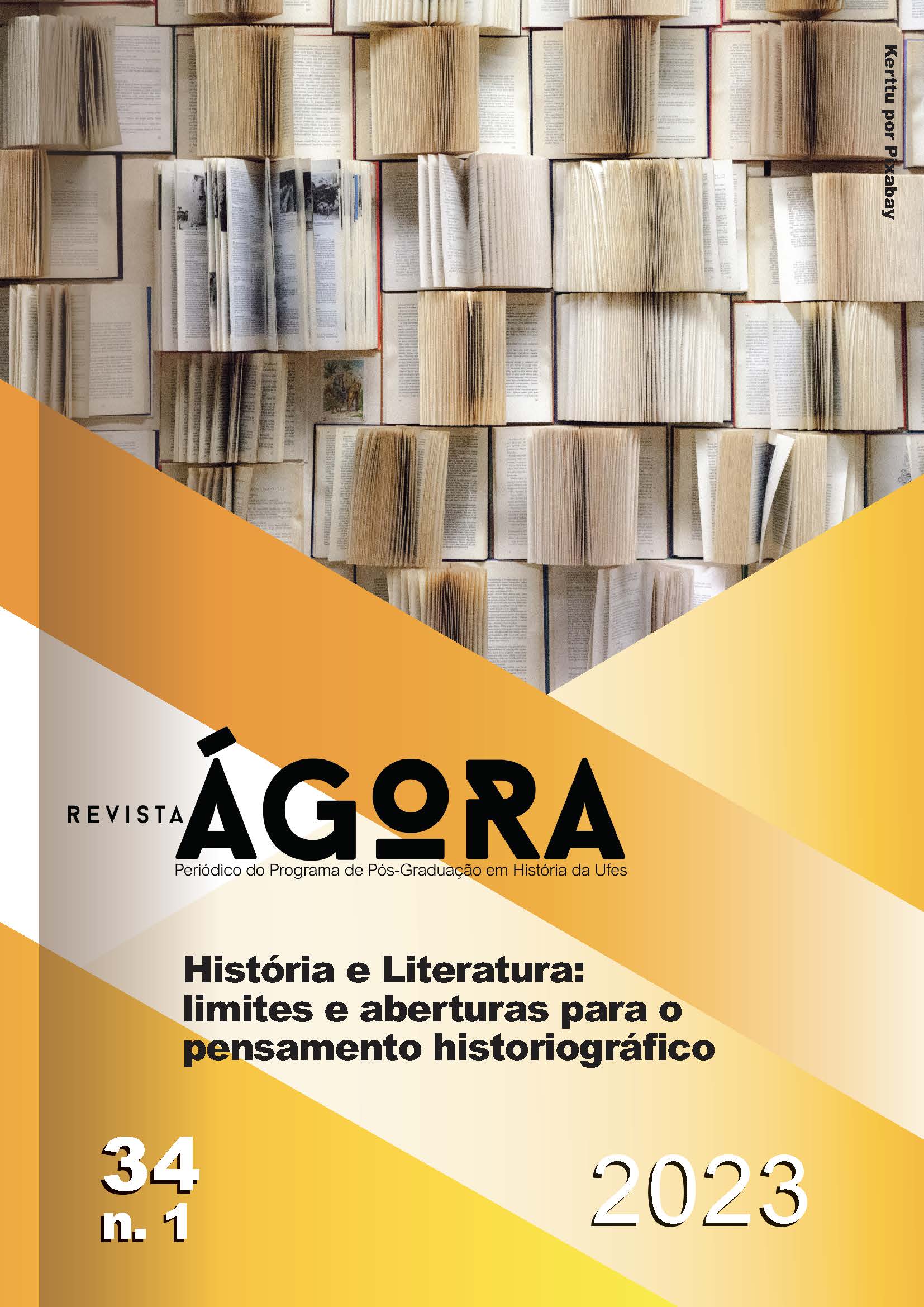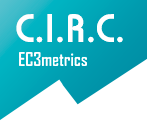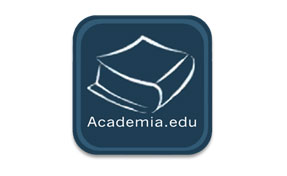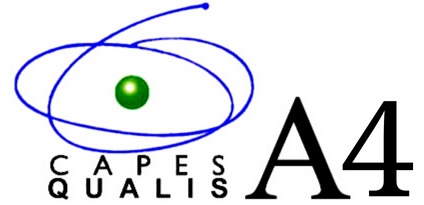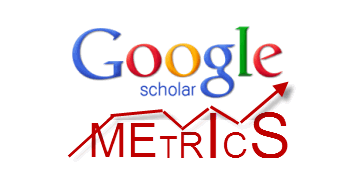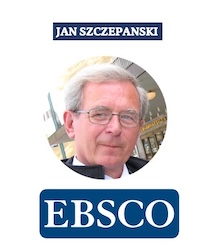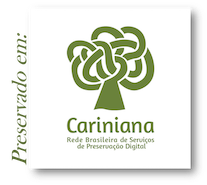Um rio chamado tempo, uma casa chamada terra
ética e estética
DOI:
https://doi.org/10.47456/e-2023340101Palavras-chave:
Mímesis, ética, arte, ficção, históriaResumo
A proposta do artigo é a análise do livro Um rio chamado tempo, uma casa chamada terra, de autoria de Mia Couto, tendo por problema a apreciação em duas dimensões: a face ética da morte e da relação entre homem e natureza, mediante análise bibliográfica, com recurso da hermenêutica. O exercício da mímesis não guarda relação com o falso, embora não esteja relacionado diretamente com a realidade. Justamente por isso, buscar a
resolução de ambos os problemas acaba por colocar a pessoa diante da tarefa histórico-filosófica, já que a obra de arte, como afirma Luiz Costa Lima, para dialogar com o interlocutor, guarda em si o verossímil. A linguagem romanesca é criadora de um mundo ficcional que, embora não exista no plano físico, contribui para perquirir em busca de uma ética que nos ajuda a compreender o mundo que nos circunda.
Downloads
Referências
BARROSO, Luís Roberto. A dignidade da pessoa humana no direito constitucional contemporâneo: a construção de um conceito jurídico à luz da jurisprudência mundial. 3ª ed. Belo Horizonte: Fórum, 2014.
BENJAMIN, Walter. Magia é técnica, arte e política. 5ª ed. Tradução: Sérgio Paulo Rouanet. São Paulo: Brasiliense, 1993.
CHARDIN, Teilhard de. O fenômeno humano. Tradução: León Bourdon e José Terra. Porto: Tavares Martins, 1970.
COUTO, Mia. Um rio chamado tempo, uma casa chamada terra. Portugal: Caminho de Lisboa, 2002.
KOSELLECK, Reinhart. Histórias de conceitos: estudos sobre a semântica e a pragmática da linguagem política e social. Rio de Janeiro: Contraponto, 2020.
KRENAK, Ailton. A vida não é útil. São Paulo: Companhia das Letras, 2020.
LEVINAS, Emmanuel. Totalidade e infinito. Portugal: Edições 70, 1980.
LIMA, Luiz Costa. O chão da mente: a pergunta pela ficção. São Paulo: Unesp, 2021. p. 34.
LIMA. O insistente inacabado. Recife: Cepe, 2018. p. 105, 106.
LOSSO, Eduardo Guerreiro; BINGEMER, Maria Clara; PINHEIRO, Marcus Reis (org.). A mística e os místicos. Rio de Janeiro: Vozes, 2022.
MATA, Inocência. Estudos pós-coloniais: desconstruindo genealogias eurocêntricas. Civitas, v. 14, n. 1, p. 27-42. Porto Alegre: jan-abr. 2014.
NIETZSCHE, Friedrich. Sobre a verdade e a mentira no sentido extramoral. São Paulo: Hedra, 2007.
RICOEUR, Paul. Tempo e narrativa. Tradução: Constança Marcondes Cesar. Campinas: Papirus, 1994.
RICOEUR, Paul. Do texto para acção: ensaios de hermenêutica II. Porto: Res-editora, 1991.
TEIXEIRA, Faustino (org.). Caminhos da mística (livro eletrônico). São Paulo: Paulinas, 2018.
TEIXEIRA, Faustino (org.). Reflexões para tempos difíceis: compromissos para um novo tônus vital. Disponível em: https://www.ihu.unisinos.br/categorias/618026-reflexoes-para-tempos-dificeis-compromissos-para-um-novo-tonus-vital-artigo-de-faustino-teixeira. Acesso em: 6 ago. 2022.
VALLS, Álvaro L. M. Estudos de estética e filosofia da arte numa perspectiva adorniana. Porto Alegre: Universidade/UFRGS, 2002.
Downloads
Publicado
Edição
Seção
Licença
Copyright (c) 2023 Revista Ágora

Este trabalho está licenciado sob uma licença Creative Commons Attribution-ShareAlike 4.0 International License.
Revista Ágora (Vitória) © 2005 by Universidade Federal do Espírito Santo is licensed under Attribution-ShareAlike 4.0 International

